Book Review: Siblings Without Rivalry
So the first book I read about sibling relationships was Siblings Without Rivalry by Adele Faber and Elaine Mazlish. It's a bestseller and I heard also a good review from a friend, who should have similar views as I do, so I went for it and bought it. The authors have other famous parenting books as well, which probably are also worth a read, but I haven't read them.
But what's the issue with siblings anyway? Turns out, there is. You know, the old truth, that children get traumas from their parents (especially the mothers are always ones to blame)? There is even a quote going around the internet, that goes something like this..
Well, turns out, once there is more than one child - there is a whole new bunch of ways, how parents can ruin their children for life.. Or at least make their lives a lot harder, something to recover from. Those of us, who have siblings, can imagine.. It can seem, that there is a constant competition going on, constant need to prove yourself and fight for your parent's love, who seem to love or favor the sibling more.. Or they label children - like one is the pretty one and other the smart one.. A whole list of possible scenarios.
I have a sister.. (doubt that she reads this though ;) But thankfully, I feel like I have managed to grow up without any sibling-related traumas, thanks to my parents, who obviously have managed it well. (Not sure about my sister though, she maybe had it harder..) Still, the very first memory of my sister is not nice at all. :D I was almost 4 years old (almost 3 years and 9 months, to be more precise), when she was born.
This book, Siblings Without Rivalry, talks about it a lot. It covers a lot of people's experiences, their relationships with their siblings and childhood memories, and how it all has influenced their lives.. You can really see then, how bad it can get.
And then it gives some great advice. For parents, how to raise your more-than-one child, how to deal with their conflicts (which naturally will occur, there's no way out of it totally, siblings are bound to be concurrents and to fight) in the possibly best way, so that children would not only have the best relationship they could possibly have, but also so that they would feel happy and good about themselves, that healthy and strong individuals would grow up.
The book is short and very easy to read, I probably read it in one evening or so. I actually liked it, the advice is good. In some parts maybe nothing that new, but for many people, especially, ones who already have older children, who seem to fight a lot, it could be very useful.
That's one thing about the book though.. It wasn't that useful for me right now. Basically, I'd say it's about already verbal children, who fight verbally. (Even though smaller children were mentioned in some examples.) The overall advice - to try to understand the children's feelings about their sibling, unpleasant as they might be, to empathize.. To never compare children and never take sides.. And to not label them and not give them made-up roles.. - was good, I can agree with it.
There is a lot of examples and practice advice, how to resolve conflicts between children in the best way. So, I'm sure sometime in the future I can return to this book, take it out of the shelf and give it another read.
However, if you are in my place, expecting a new baby.. Not necessarily the book to get.
But what's the issue with siblings anyway? Turns out, there is. You know, the old truth, that children get traumas from their parents (especially the mothers are always ones to blame)? There is even a quote going around the internet, that goes something like this..
 |
| got this from Pinterest |
I have a sister.. (doubt that she reads this though ;) But thankfully, I feel like I have managed to grow up without any sibling-related traumas, thanks to my parents, who obviously have managed it well. (Not sure about my sister though, she maybe had it harder..) Still, the very first memory of my sister is not nice at all. :D I was almost 4 years old (almost 3 years and 9 months, to be more precise), when she was born.
This book, Siblings Without Rivalry, talks about it a lot. It covers a lot of people's experiences, their relationships with their siblings and childhood memories, and how it all has influenced their lives.. You can really see then, how bad it can get.
And then it gives some great advice. For parents, how to raise your more-than-one child, how to deal with their conflicts (which naturally will occur, there's no way out of it totally, siblings are bound to be concurrents and to fight) in the possibly best way, so that children would not only have the best relationship they could possibly have, but also so that they would feel happy and good about themselves, that healthy and strong individuals would grow up.
The book is short and very easy to read, I probably read it in one evening or so. I actually liked it, the advice is good. In some parts maybe nothing that new, but for many people, especially, ones who already have older children, who seem to fight a lot, it could be very useful.
That's one thing about the book though.. It wasn't that useful for me right now. Basically, I'd say it's about already verbal children, who fight verbally. (Even though smaller children were mentioned in some examples.) The overall advice - to try to understand the children's feelings about their sibling, unpleasant as they might be, to empathize.. To never compare children and never take sides.. And to not label them and not give them made-up roles.. - was good, I can agree with it.
There is a lot of examples and practice advice, how to resolve conflicts between children in the best way. So, I'm sure sometime in the future I can return to this book, take it out of the shelf and give it another read.
However, if you are in my place, expecting a new baby.. Not necessarily the book to get.

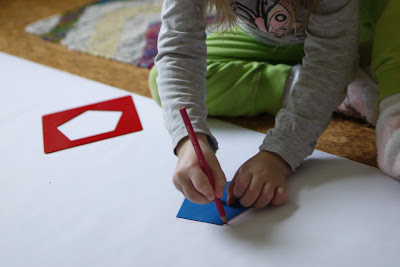
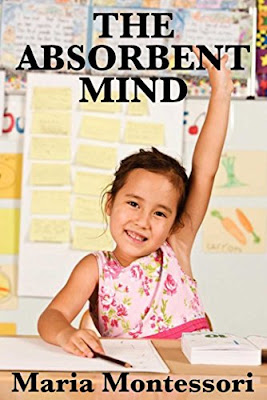
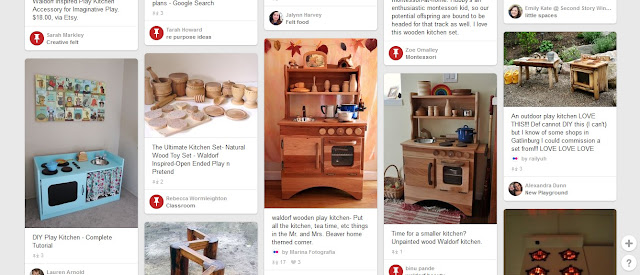
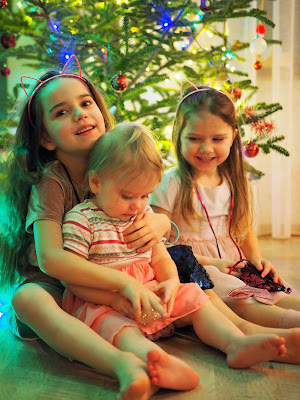
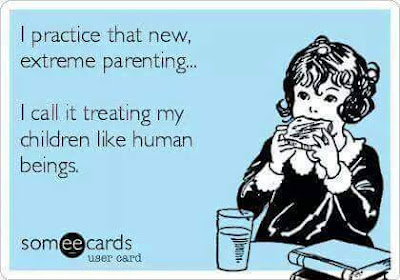
Comments
Post a Comment